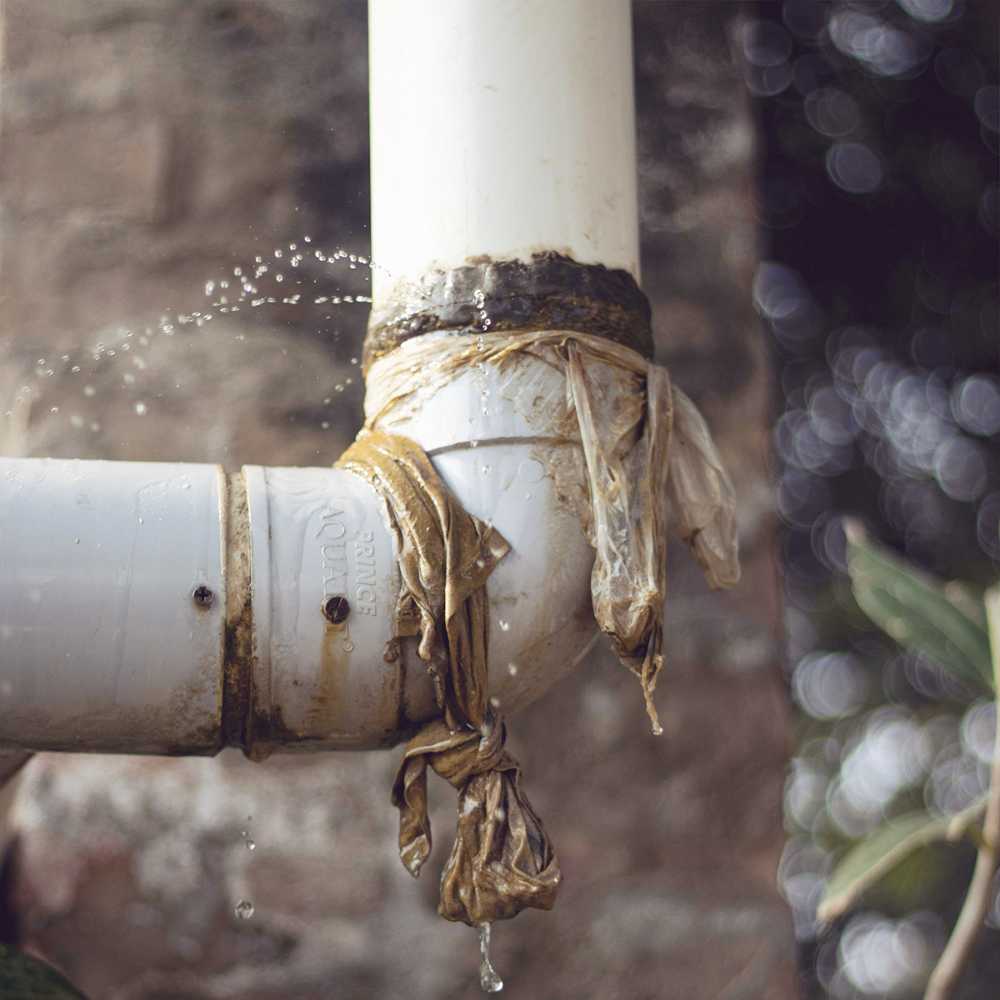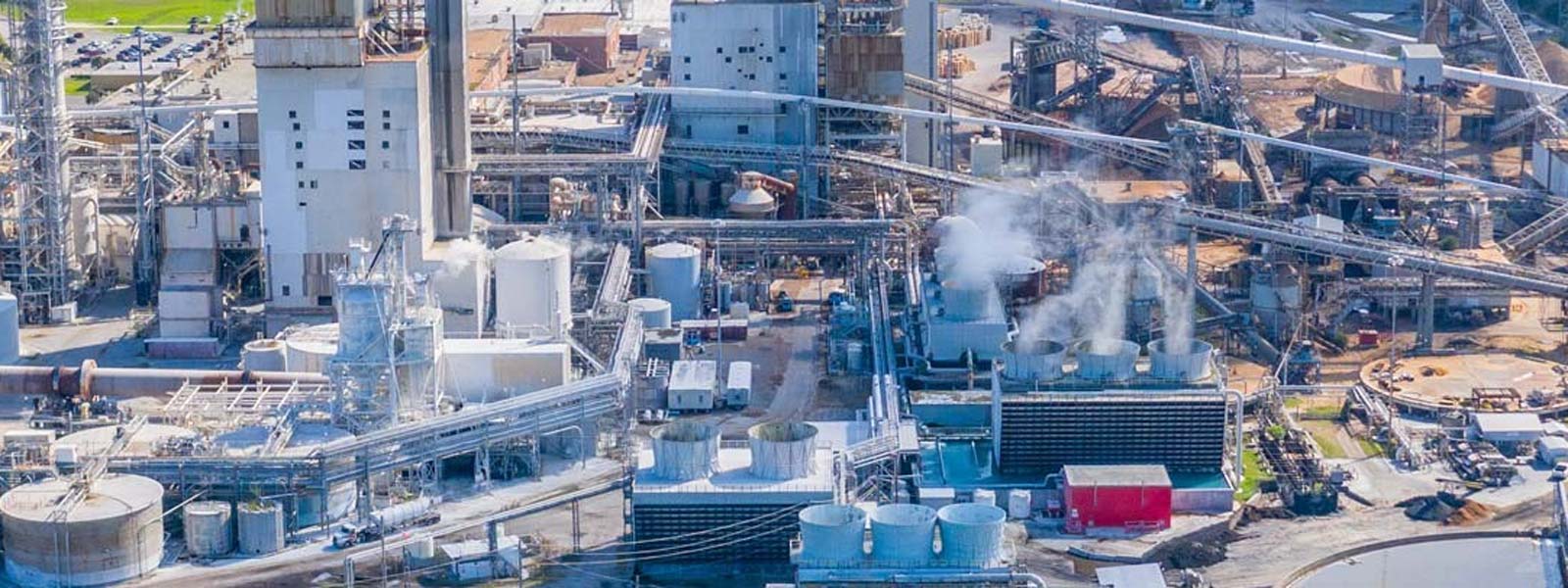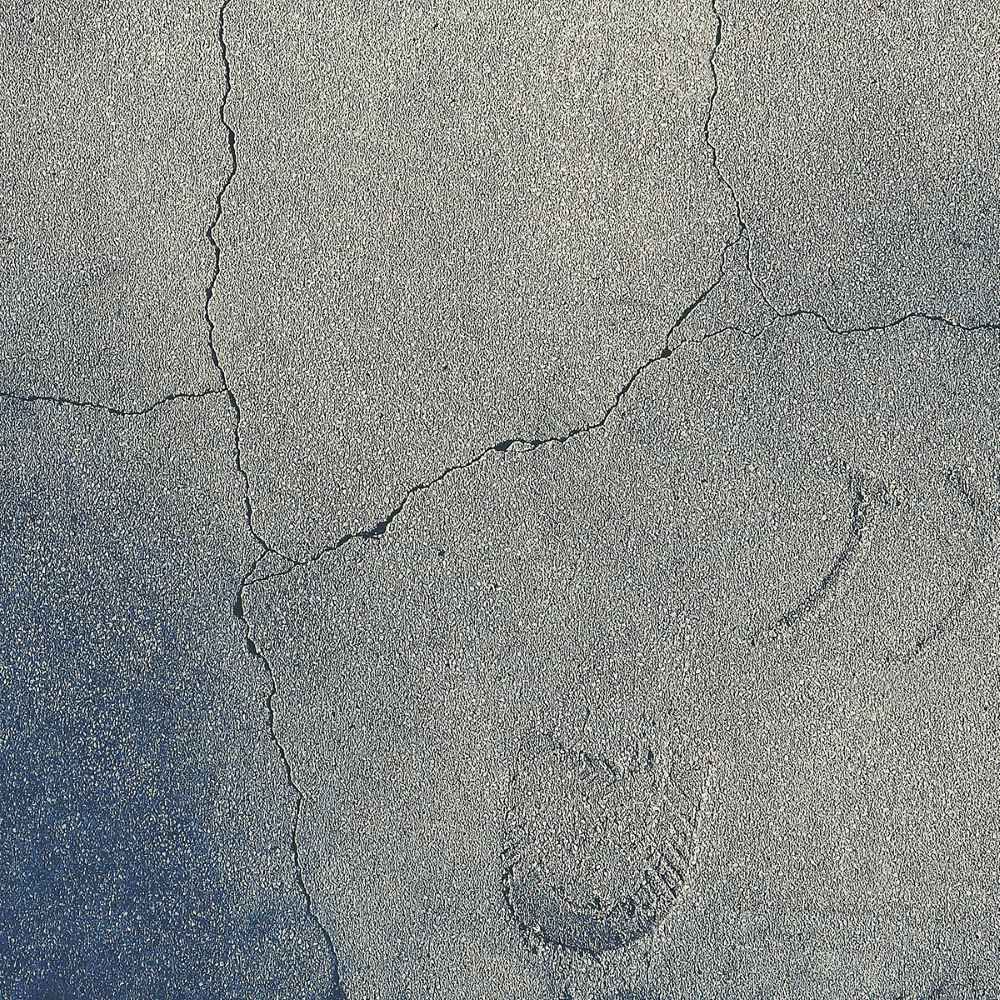Processing
Active Leak Stopping
In the food processing industry, water is everywhere—used during processing and cleaning, it inevitably finds its way into every corner and unsealed joint. If given an opportunity, water can travel under flooring, around drains, and beneath trenches and sumps, slowly undermining your plant’s infrastructure.
Signs of water-related undermining include sinking floor drains, cracking concrete slabs, and scoured trench walls. Addressing these issues promptly is critical to restoring your facility’s integrity. The first step is making the necessary repairs to return these areas to their original condition.
Equally important is eliminating the conditions that caused the undermining in the first place. Identifying and sealing cracks or other pathways where water infiltrates is essential to prevent future damage. With proactive maintenance and the right repair strategies, you can protect your plant’s infrastructure and ensure long-term operational efficiency.
Related Products

Trench Repair
Trenches in food processing facilities endure constant stress from daily operations. These essential structures handle everything from blood and juices during processing to hot water used in routine cleaning. Add the constant traffic from carts and lifts rolling over them, and it’s no surprise that trench edges often suffer from chipping, cracking, or even sinking into undermined substrates.
The relentless exposure to moisture makes trench repair particularly challenging. Trench areas are almost always wet, and getting them completely dry for coating or repairs can be nearly impossible. For this reason, it’s crucial to use repair materials and coatings specifically designed for wet or even submerged surfaces.
Innovative repair materials, such as moisture-tolerant cement-based products and underwater-grade epoxy systems, offer durable solutions for addressing trench damage. These materials allow you to restore trench edges, reinforce weakened areas, and apply protective coatings without the need for extensive drying, ensuring minimal disruption to operations.
Related Products

Area Flooring
Process area flooring in food-related plants faces unique challenges, particularly due to rigorous wash-down regimes involving extremely hot water. Traditionally, brick flooring with a membrane has been the gold standard for durability and reliability. While this approach offers exceptional protection and longevity, its high installation cost often makes it less accessible for certain facilities.
For coating or repairing these areas, urethane cement flooring is a more cost-effective and versatile solution. Unlike epoxy coatings, which are prone to cracking under extreme temperatures, urethane cements are designed to withstand the thermal stresses and harsh conditions of food processing environments.
Urethane cements are available in a variety of applications to suit different needs:
- Trowelled Down: Ideal for high-durability areas requiring a textured finish.
- Self-Leveling: Provides a smooth, even surface with excellent wear resistance.
- Broadcast: Adds texture for slip resistance while maintaining strength.
- Slurry: Efficient for covering large areas with seamless protection.
Whether you’re installing a new floor or repairing an existing one, urethane cement offers the flexibility, durability, and thermal resistance needed for process area flooring.




